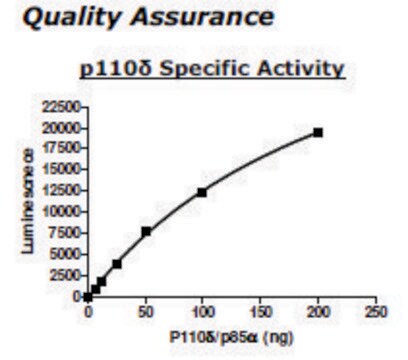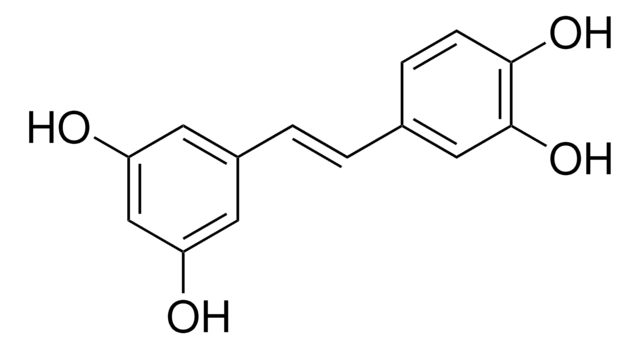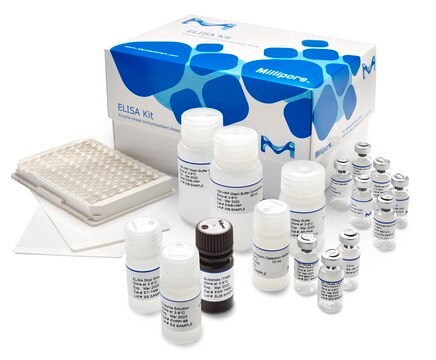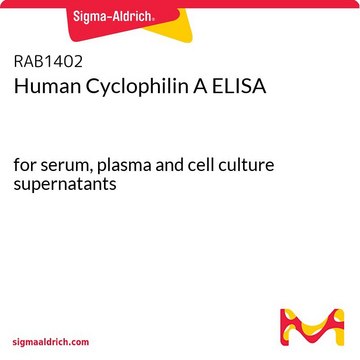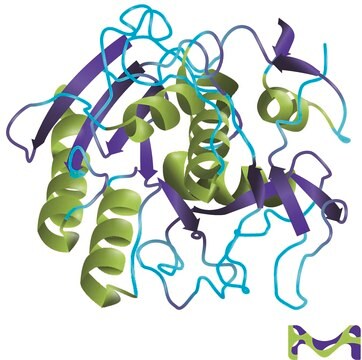P8615
Phosphoinositide 3-kinase p110γ human
≥95% (SDS-PAGE), recombinant, expressed in baculovirus infected insect cells, buffered aqueous glycerol solution
Synonym(s):
PI3K p110γ human, Phosphatidylinositol 3-kinase p110γ human
About This Item
Recommended Products
recombinant
expressed in baculovirus infected insect cells
Quality Level
Assay
≥95% (SDS-PAGE)
form
buffered aqueous glycerol solution
specific activity
~4.5 units/mg protein
UniProt accession no.
shipped in
dry ice
storage temp.
−70°C
Gene Information
human ... PIK3CG(5294)
General description
Biochem/physiol Actions
Unit Definition
Physical form
Storage Class Code
10 - Combustible liquids
WGK
WGK 1
Flash Point(F)
Not applicable
Flash Point(C)
Not applicable
Choose from one of the most recent versions:
Already Own This Product?
Find documentation for the products that you have recently purchased in the Document Library.
Articles
Glucose metabolism is regulated by the opposing actions of insulin and glucagon. Insulin is released from pancreatic ß cells in response to high blood glucose levels and regulates glucose metabolism through its actions on muscle, liver, and adipose tissue.
Sigma-Aldrich presents an article about how proliferating cells require the biosynthesis of structural components for biomass production and for genomic replication.
Our team of scientists has experience in all areas of research including Life Science, Material Science, Chemical Synthesis, Chromatography, Analytical and many others.
Contact Technical Service